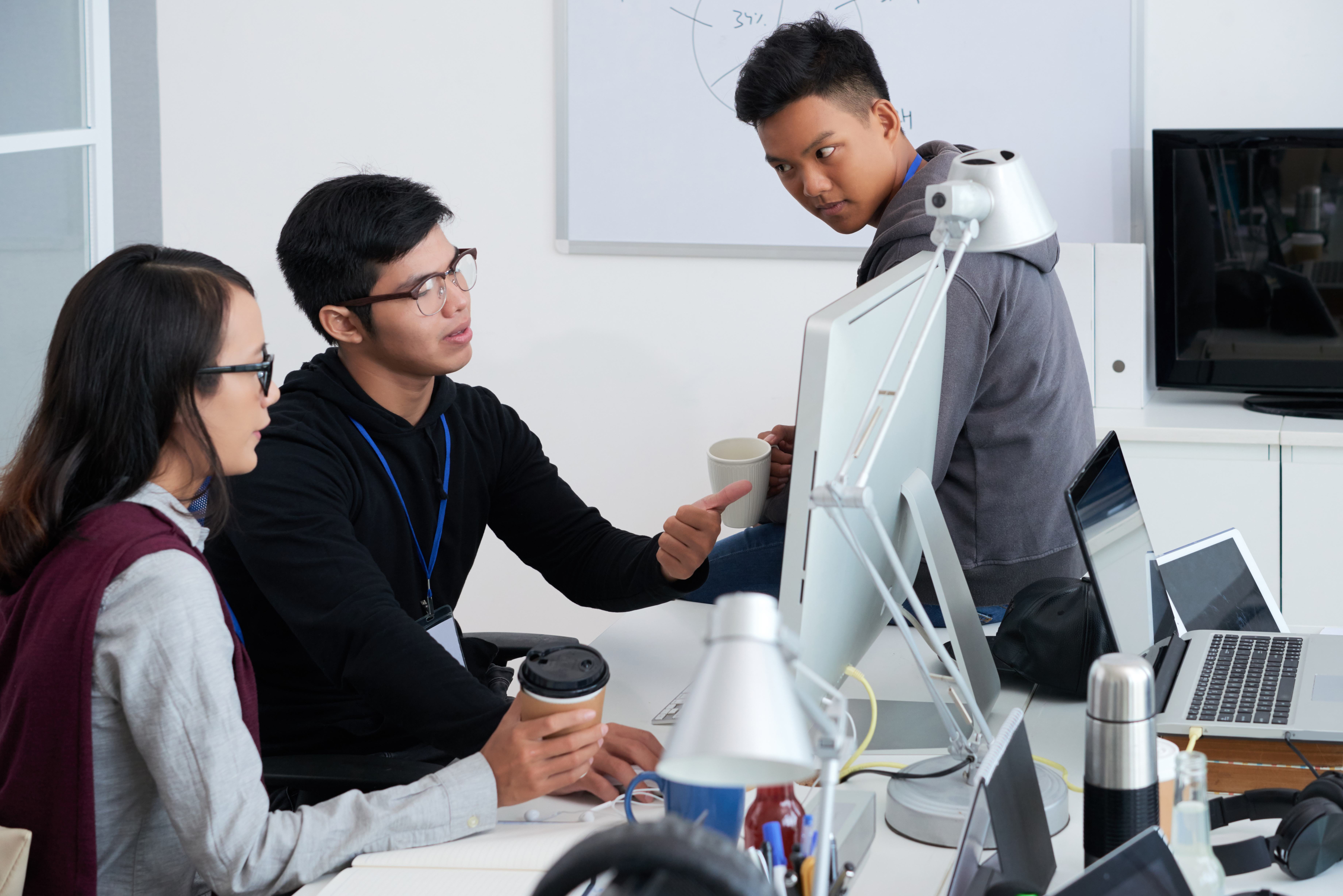Search

Theory Of Knowledge
1. Can knowledge produced by AI be considered “human knowledge”?
AI systems don’t “know” things in the human sense — they generate outputs based on patterns in data. However, the knowledge they produce often originates from human-created datasets and human-designed algorithms. In that sense, AI knowledge is derived from human knowledge.
Yet, when AI systems generate insights that humans hadn’t previously discovered (e.g., new mathematical conjectures, drug candidates), it blurs the line. We might say that while AI can produce knowledge, it becomes human knowledge only when humans interpret, verify, and integrate it into human understanding.
In short: AI can generate knowledge, but it becomes human knowledge only through human interpretation and meaning-making.
2. To what extent can AI understand meaning, not just process information?
AI processes syntax (patterns of words, data, symbols), not semantics (meaning). It can mimic understanding convincingly because it models relationships between concepts in language and data, but it lacks consciousness, intentionality, and lived experience — the foundations of genuine understanding.
Still, AI’s capacity to capture and simulate semantic relationships at scale challenges our sense of what “understanding” means. Some philosophers argue that if meaning is use (as Wittgenstein suggested), then AI does exhibit a kind of functional understanding — one grounded in linguistic practice rather than subjective experience.
In short: AI simulates understanding functionally but lacks genuine comprehension or consciousness.
3. Does using AI tools in learning change what it means to “know” something?
Yes — significantly. Traditionally, knowing meant internalizing and being able to reproduce or apply information independently. With AI, learners can access, generate, and apply information instantly. This shifts the focus from memorizing knowledge to interpreting, questioning, and evaluating AI-generated content.
In this sense, “knowing” in the AI age might mean being able to navigate, critique, and collaborate with AI systems — not just possessing information, but understanding how it’s produced, where it might be biased, and how to use it responsibly.
In short: AI transforms “knowing” from possessing information to critically engaging with information systems.
4. How does AI challenge the boundary between personal and shared knowledge?
AI tools blend individual and collective cognition. When you use an AI model, you tap into a vast network of aggregated human knowledge. Your “personal” insights may be co-created with AI — which itself represents shared, communal intelligence.
This blurs traditional epistemic boundaries: personal reflection now happens through tools that embody collective data. It raises questions about authorship, originality, and intellectual ownership.
In short: AI merges personal and shared knowledge, creating a hybrid space where understanding is co-constructed between human and machine.

 2023-05-26
2023-05-26



